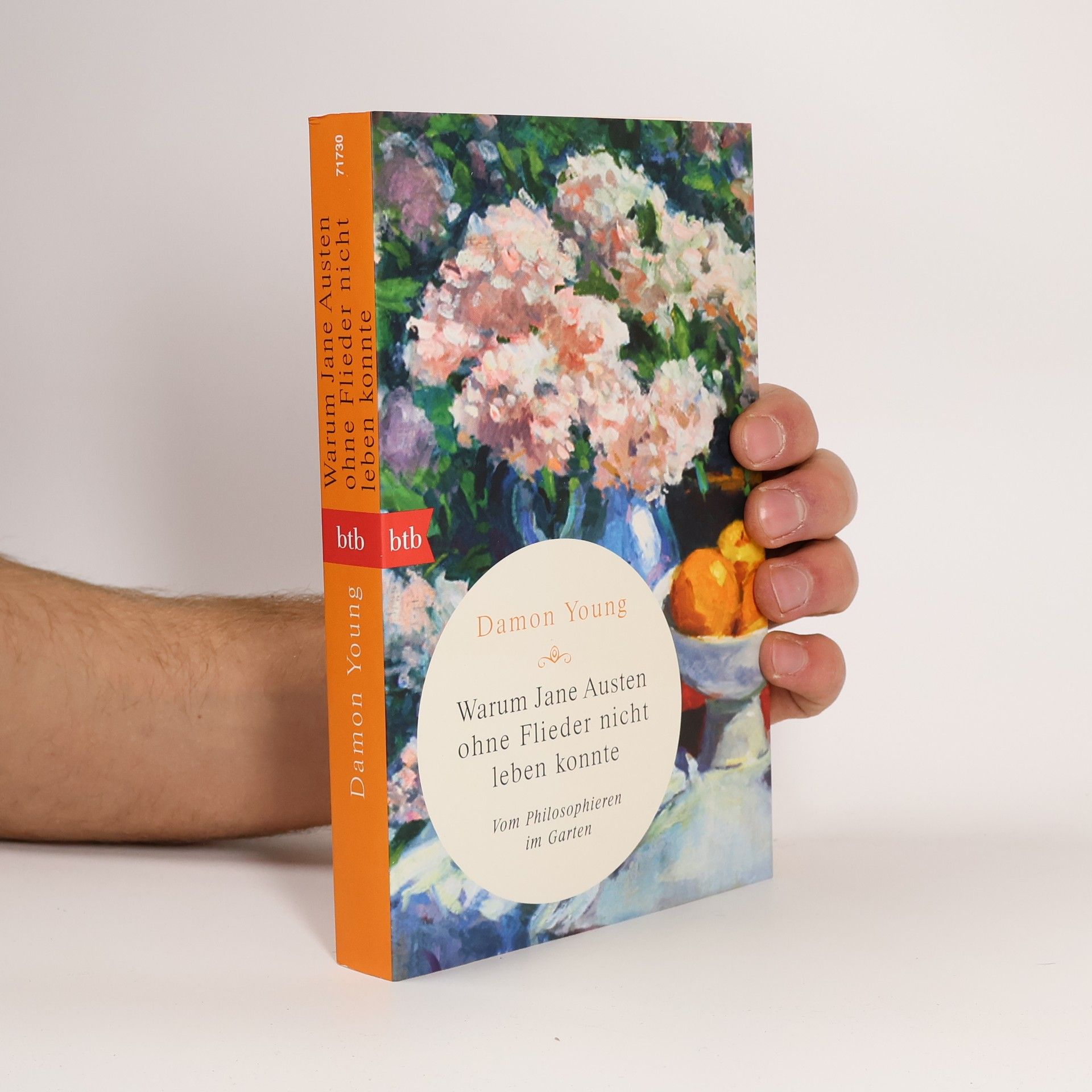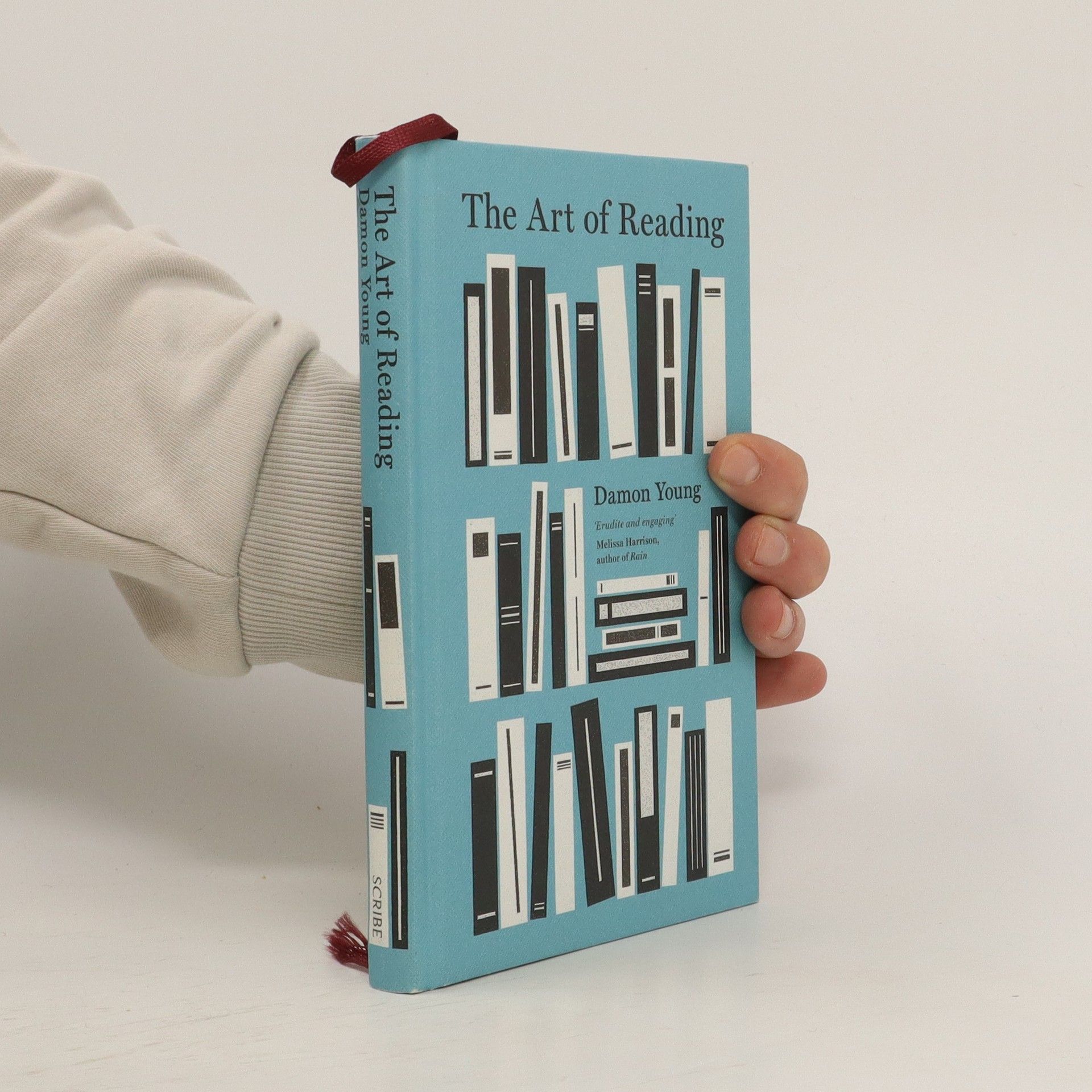What Doesn't Kill You Makes You Blacker
- 320 pages
- 12 hours of reading
For Damon Young, existing while Black is an extreme sport. The act of possessing black skin while searching for space to breathe in America is enough to induce a ceaseless state of angst where questions such as "How should I react here, as a professional black person?" and "Will this white person's potato salad kill me?" are forever relevant. What Doesn't Kill You Makes You Blacker chronicles Young's efforts to survive while battling and making sense of the various neuroses his country has given him



